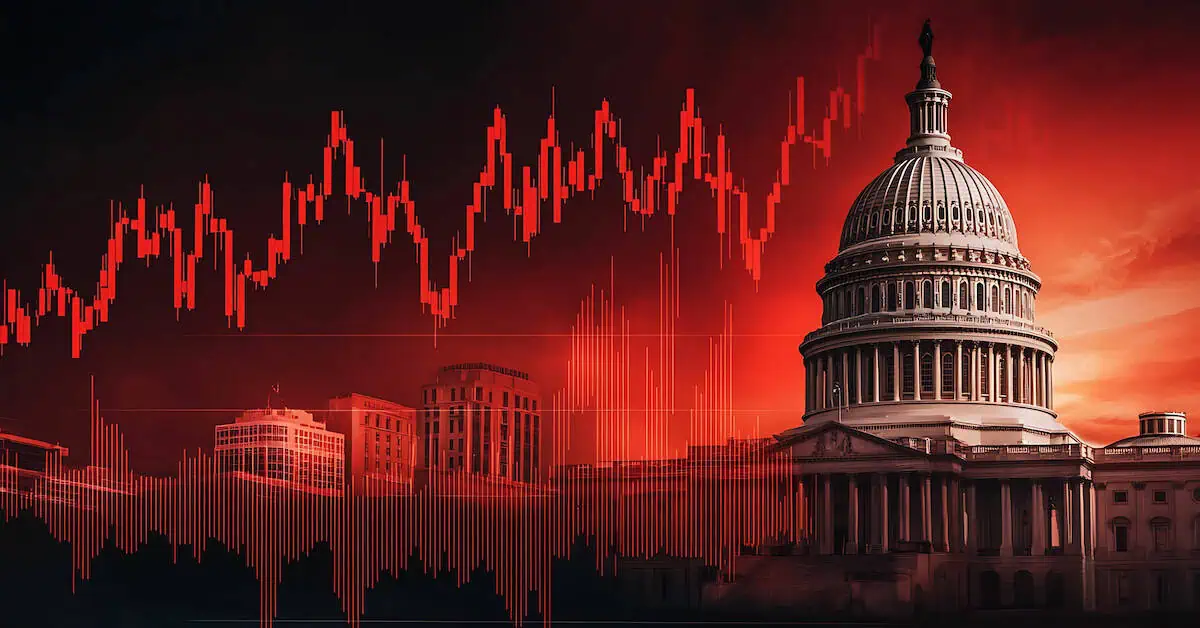by Jimmy Hinton, America Outloud:

Government waste is out of control, but Elon Musk and the Department of Government Efficiency (DOGE) are on a mission to change that. During a revealing interview on Special Report with Bret Baier, Musk and seven members of the DOGE team outlined a bold plan to slash government spending and fraud by 15%. According to Musk, this goal isn’t just possible — it’s necessary. The key word driving this initiative? Efficiency.
The Alarming Levels of Government Waste
One of the most shocking revelations from the DOGE team is just how inefficient federal systems have become. Government websites are outdated, financial oversight is nearly nonexistent, and fraud is running rampant. A glaring example? DOGE discovered that 4.6 million government credit cards have been issued — despite the fact that there are only 2.3 to 2.4 million federal employees. That means there are more government credit cards than people — a recipe for unchecked spending and abuse.
TRUTH LIVES on at https://sgtreport.tv/
But that’s just the beginning. DOGE also found that the National Institutes of Health (NIH), an agency responsible for groundbreaking scientific research, is tangled in bureaucracy. The agency currently operates with 27 different CEOs and branches, leading to a massive redundancy in leadership. Even worse, the NIH runs on 700 separate IT systems, none of which effectively communicate with each other. This means that when important scientific breakthroughs occur, most researchers never even learn about them because the information is trapped within siloed, outdated computer systems.
Musk’s Simple Solution: “Fix the Computers”
Musk didn’t mince words during the interview. He stressed that fixing the government’s outdated and inefficient IT infrastructure is one of the most critical steps toward reducing waste and improving functionality. As he bluntly put it: “We have to fix the computers.”
In the private sector, businesses rely on streamlined, interconnected IT systems to operate efficiently. But inefficiency has become the norm within the federal government — and it’s costing taxpayers billions. Imagine if private companies ran their operations like NIH, with 700 separate computer systems that couldn’t talk to each other. It would be a disaster. Yet, this is precisely how some of the most important government agencies are functioning today.
The Good News: Efficiency Benefits Everyone
Despite the staggering inefficiencies uncovered by DOGE, the good news is that solutions exist — and they’re within reach. When the government runs on efficient, modernized computer systems and streamlined websites, everyone wins. Information is shared faster, fraud is reduced, and taxpayer dollars are used more effectively. Musk and the DOGE team believe that innovative reforms can create better checks and balances while also making government agencies more accountable and transparent.
A well-functioning government doesn’t just save money — it delivers better services to the American people. Whether it’s ensuring that scientific discoveries are actually shared across NIH, eliminating redundant credit cards, or cutting down on unnecessary leadership positions, these efficiency improvements can lead to meaningful change that benefits everyone.
Moving Forward with Smarter Government
The conversation surrounding government waste is not new, but what makes DOGE’s approach different is its focus on real, measurable action. The government has operated inefficiently for decades, and past reform efforts have often been bogged down by bureaucracy. However, Musk and his team are bringing a results-driven, technology-focused approach to solving these deep-rooted problems.
The challenge ahead is significant, but if anyone can disrupt inefficiency, it’s Elon Musk. With a track record of transforming industries — from electric vehicles to space travel — it’s clear that Musk knows how to take complex systems and make them work better. Now, his sights are set on the most bloated and inefficient systems of all: the U.S. government.
Read More @ AmericaOutloud.com




